Transition to Retirement (TTR) allows you to access your super while still working. It is ideal for those who are approaching retirement and who want to wind down their working hours but maintain their income.
WHAT ARE THE TRANSITION TO RETIREMENT RULES?
Generally, the only eligibility requirement for a TTR is that you need to be at preservation age (see below), still be working and have an eligible super fund.
To begin a TTR, you’ll need to open a TTR account (generally an Account Based Pension) alongside your super. This will involve transferring some of your super into this account, a minimum of $25,000 is required.
You’ll receive regular payments from the pension, there is a minimum required payment from the pension. This is currently 2% of your balance but will change to 4% from 1st July 2022. There is a maximum limit of 10%. Note that you are not able to receive a lump sum from this pension account.
WHAT ARE THE OTHER ADVANTAGES OF A TRANSITION TO RETIREMENT?
If you’re over 60, then payments from your TTR income are tax free. Those aged between 55 and 59 are taxed at their marginal tax rate with a 15% tax offset.
You can also continue to grow your super through both the super guarantee payments from your employer and through concessional (before tax) and non-concessional (after tax) contributions.
Don’t forget the benefits of working less… more time for you, your family and your hobbies.
WHAT ARE THE DISADVANTAGES OF A TRANSITION TO RETIREMENT?
You’ll need to negotiate your change of working hours with your employer, this may not be something you’re comfortable with. Conversations about retirement can be difficult to navigate as there may be a perception that you’re no longer committed or can be relied upon. This is obviously not true, but is something to consider when having a conversation.
If your partner is receiving the Aged Pension, they’ll need to notify Centrelink of the change to your assets which could affect the payments they receive.
Transferring money from your super to a TTR will automatically lower the balance of your super. You’ll have less money in your super fund, meaning less investment growth and income is available. Unless you top up your super, you’ll have less money available when you fully retire. You may still receive income from your pension account investment, it may not be at the same rate as your super.
CONSIDERATIONS
If you hold any insurance within your super, you should check with your super fund to make sure there are no changes to your cover.
You should also consider whether your super fund balance is enough to see you through your retirement years. A Financial Adviser can help you with understanding the funds you may require for the future.
CONCLUSION
A TTR strategy can work well for those in the right situation. For those concerned about reducing their retirement funding, there are steps that can be taken to mitigate this. We recommend talking to your Financial Adviser if you think this might be the right strategy for you.
It is very important that you understand that the information above is general in nature and does not take into account your personal situation. You should consider whether the information is appropriate to your needs, and where appropriate, seek professional advice from a financial adviser. It is also worth noting that the Australian financial and taxation system is ever-changing, and the information above may no longer be relevant. Again, we suggest seeking professional advice from a financial adviser before proceeding.



